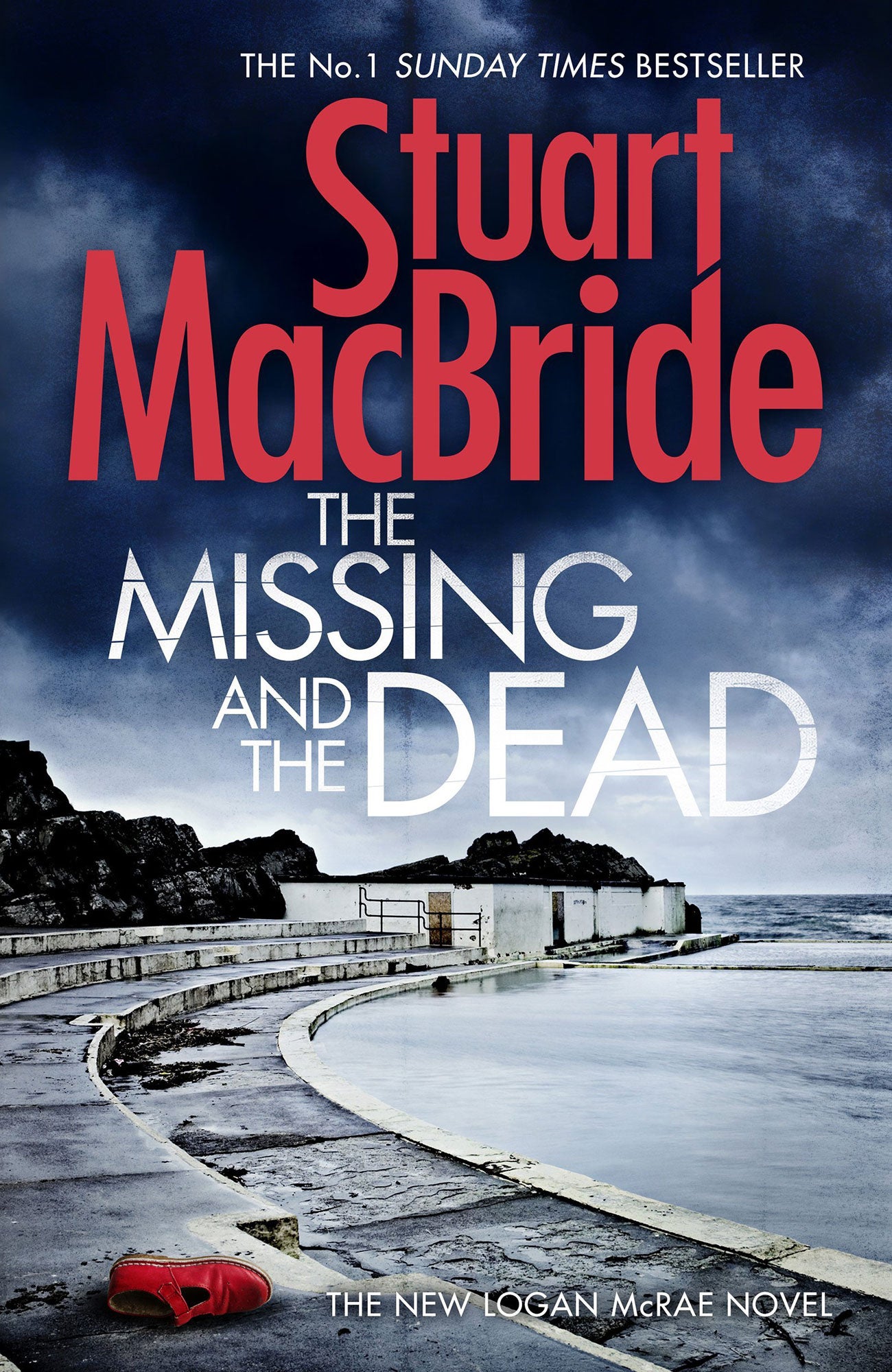The Missing and the Dead by Stuart MacBride, book review: Banished, but not for long
Not as macabre as some of McRae’s previous outings but more affecting

Stuart MacBride’s ninth Logan McRae novel sees the laconic police sergeant banished to the wilds of rural Aberdeenshire in what is termed a “development opportunity”. In fact, he has blotted his copy book one too many times in Aberdeen, and his senior officers have decided that a spell in the sticks will teach him a lesson. Shoplifters, vandals, and rounding up the occasional escaped farm animal make up the day-to-day routine of pastoral policing. Away from work, McRae keeps himself busy renovating the rundown Sergeant’s Hoose next to the police station, settling in for a long wait before he can return to the city beat. He survives on tinned lentil soup as he is paying for 24-hour care for his girlfriend, Samantha, who was grievously injured during one of his previous investigations. This slower pace gives MacBride room to explore McRae’s character in more depth, and he emerges as a less cynical man who starts to enjoy the collaborative nature of rural policing.
Books highlights of 2015
Show all 6His quiet life is shattered when a little girl’s body is washed up on the shore and the Major Investigation Team from Aberdeen appears to take over the case. McRae is ordered not to interfere, but when his former DCI arrives, the gloriously un-PC Roberta Steel, she drags him into the investigation whether he likes it or not. DCI Steel is as blunt and hilarious as ever. She manipulates McRae with consummate skill, wheedling and tricking him into helping her earn brownie points with her boss by solving the murder. McRae sails close to the wind, having already been warned off, but his instincts are as sharp as ever and he uncovers some vital clues. The search for the child’s killer involves untangling a web of deceit which is dark and gripping.
MacBride has obviously researched rural policing thoroughly, and the daily drudge feels authentic. One of MacBride’s strengths is the care he takes in giving the more minor characters rounded personalities. The banter and politics of the police service may have their own peculiarities, but anyone who has worked in a large company or an office will recognise the petty jealousies, cliques, and in-jokes that MacBride observes so well. He introduces some local words – the book is dedicated to the brave loons and quines of Grampian Police – which gives a strong sense of place. MacBride has written another riveting page-turner. Although seamed with his usual pitch-black humour it is not as macabre as some of McRae’s previous outings but is more emotional and affecting.
Subscribe to Independent Premium to bookmark this article
Want to bookmark your favourite articles and stories to read or reference later? Start your Independent Premium subscription today.

Join our commenting forum
Join thought-provoking conversations, follow other Independent readers and see their replies